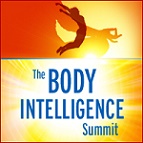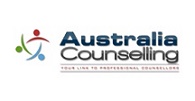July 26, 2017
Taylor & Francis
Pehr Granqvist, L. Alan Sroufe, Mary Dozier, Erik Hesse, Miriam Steele, Marinus van Ijzendoorn, Judith Solomon, Carlo Schuengel ORCID Icon, Pasco Fearon, Marian Bakermans-Kranenburg, Howard Steele, Jude Cassidy, Elizabeth Carlson, Sheri Madigan, Deborah J
Disorganized/Disoriented (D) attachment has seen widespread interest from policy makers, practitioners, and clinicians in recent years. However, some of this interest seems to have been based on some false assumptions that (1) attachment measures can be used as definitive assessments of the individual in forensic/child protection settings and that disorganized attachment (2) reliably indicates child maltreatment, (3) is a strong predictor of pathology, and (4) represents a fixed or static “trait” of the child, impervious to development or help. This paper summarizes the evidence showing that these four assumptions are false and misleading. The paper reviews what is known about disorganized infant attachment and clarifies the implications of the classification for clinical and welfare practice with children. In particular, the difference between disorganized attachment and attachment disorder is examined, and a strong case is made for the value of attachment theory for supportive work with families and for the development and evaluation of evidence-based caregiving interventions.
Read Article >>








